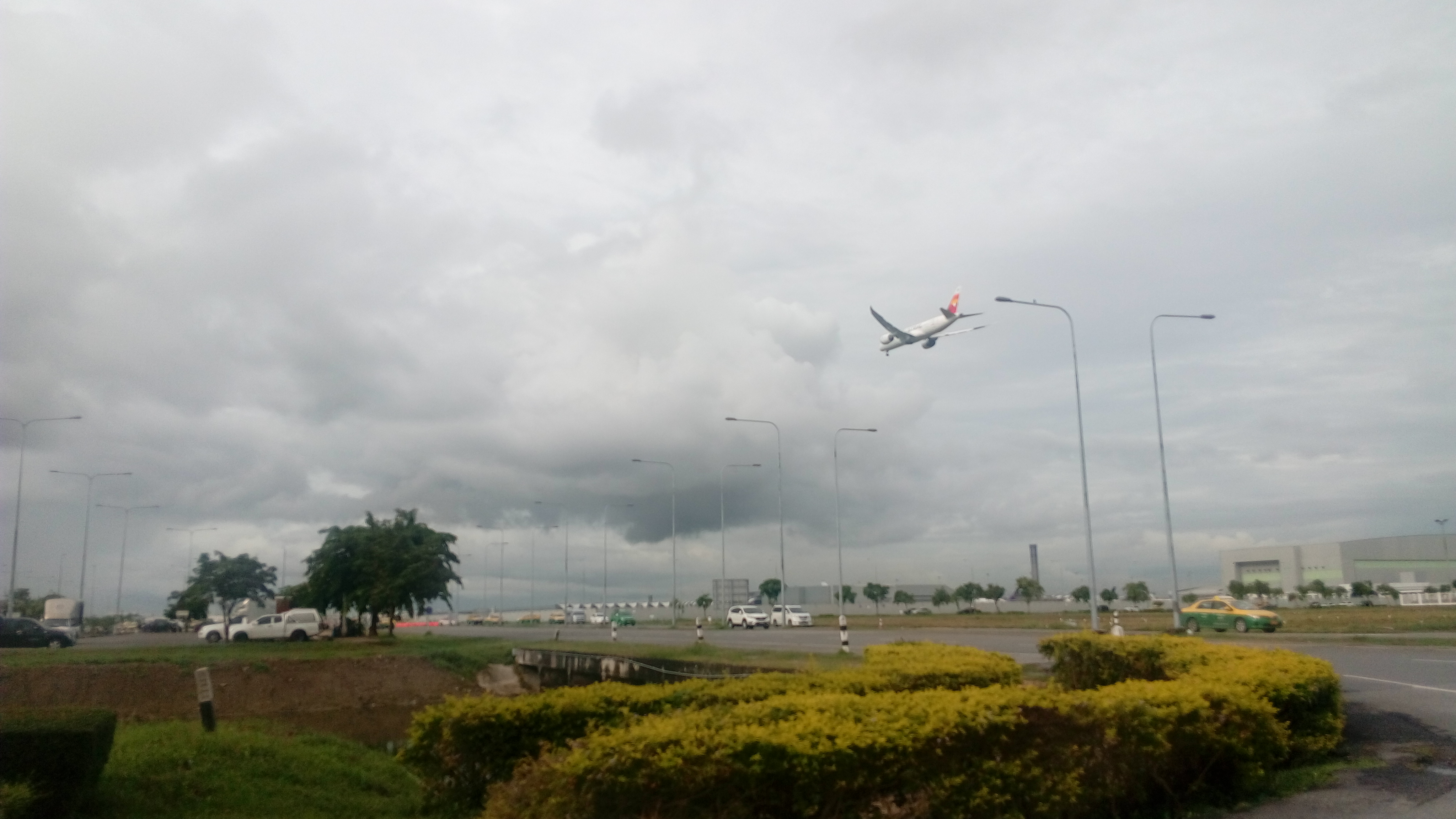
Updated: October 8
A well-travelled friend once told me that the most blatant form of corruption he had ever seen was at an airport in India.
An immigration official simply put his hand out and refused to let my friend, who had all the necessary documents, through until a bribe was proffered.
This was many years ago, but the expectation of a greased palm still exists around the world.
In Thailand, the newly installed (as I write) Immigration Chief,
Maj-General Surachate Hakpal — who, no joking, goes by the name “Big Joke” — has had “No Tips” signs erected at airports.
Apparently it has been common for immigration officials to seek a 300 baht (US$9) “tip” on top of the official 2,000 baht price of a visa payable by citizens of certain countries.
As expat blog ThaiVisa explains it: “By this he means no more back-handers to corrupt immigration officials or the agents who collect the tea money from tourists and either pass it on or keep it for themselves.”
(“Tea money” is an expression for extra payments traditionally, but illegally, made in Thailand to smooth the progress of a service, for example, to gain entrance for your children into a top school with a long waiting list.)
This would seem like a welcome move: except that it seems wrong to me to put the onus on the traveller not to pay the “tip” when surely it is the responsibility of the officer, on pain of legal penalty, not to ask for it.
The problem is that when such practices are endemic, they don’t disappear easily — and there are at least two reasons for that in this case:
First, immigration officials, like a lot of Thais, have become very used to “tips” that supplement their income. Some of them will face a very reduced lifestyle now, and that could cause unrest.
Second, there are a lot of agents who charge a service fee to facilitate visas and they operate in plain sight around Immigration Department offices. They are part of the fabric of life, and many of them are very well connected, and getting rid of them won’t be easy.
Another factor in Thailand is that many tourists and expatriates are blissfully unaware of the way the system works. They presume that the agent they are dealing with is operating in a legal manner.
To punish the agents would be to punish their customers who are operating in good faith. And a full crackdown could see a lot of tourists and expatriates suddenly leave the country, and others decide not to come, which would not be good for Thailand’s tourism-reliant economy.
Cynics in Thailand have noted that similar crackdowns have come and gone, with the behaviour being targetted — be it brothels, illegal bars or taxi and tuk-tuk scams — bouncing back bigger and bolder than before.
It remains to be seen exactly how serious Big Joke is.
Postscript: This comes at a time when Chinese tourism to Thailand has dropped dramatically following a boat accident in Phuket in July, when dozens of Chinese tourists died. The handling of the incident — which was overshadowed in Western media by the Chiang Rai cave rescue story — was widely criticised in China and Thailand.
This is a rough Google translation of a report in the Thai-language Post Today newspaper: “Travel sources say that China does not come to Phuket to worry about safety. And the boat crash has not ended. The boat was not recovered. He decided to change his destination from Phuket to Vietnam. Here are also beautiful places to visit with Phuket. More secure.”
Update: According to this report, several Immigration officials are facing action over bribery allegations.
